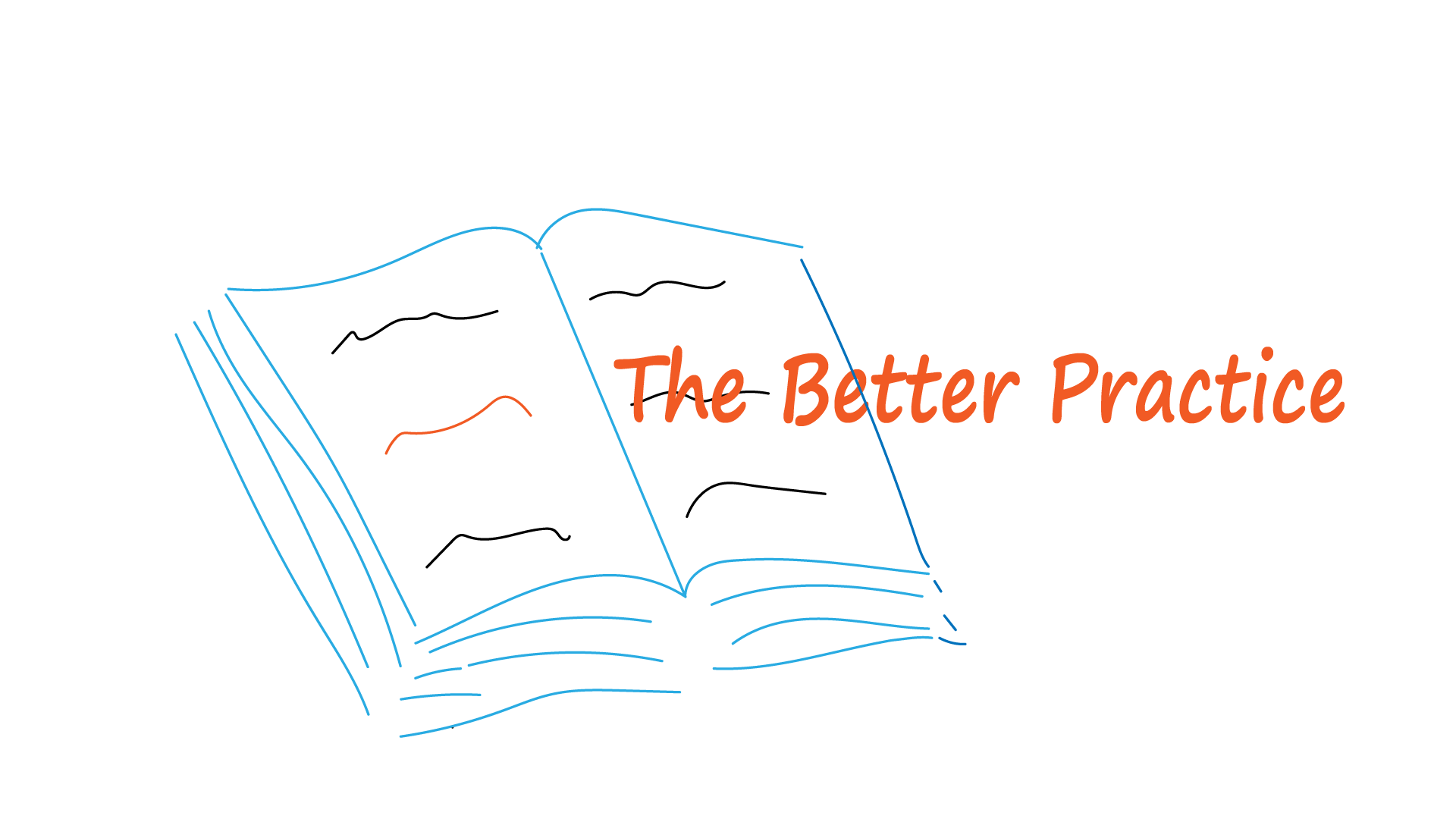Legal Desert

I learned something today that I kind of knew but didn’t. There is a shortage in North Carolina of enough competent legal counsel to represent indigent defendants and respondents. I kind of knew that. However, I didn’t know what this meant geographically.
I tell this little story every chance I get: When I was in undergrad, I took an internship with a small workrights law firm with two lawyers. I used to carpool to work with one of the attorneys and on the way into work one day, we started to talk about my future. I mentioned I might want to go to law school but was concerned that the legal field was already too saturated with lawyers already. This was back in 2000. The lawyer looked at me and said “No, Michelle. You should become a lawyer. There are a lot of lawyers out there, but there are not enough good lawyers. You would be a good lawyer. So, go to law school.” I never forgot that.
I know, in my upwards of eighteen years of practice (I cannot BELIEVE I am writing that) there are not enough GOOD lawyers out there. There are a lot of us practicing, but I would say only a fraction of us would qualify as GOOD (and I wish it was a bigger fraction). Scoff at that statement all you want. But we ALL know that there are way too many lawyers out there that just went to law school not for the love of the profession and the desire to do something with their license, but because they didn’t know what they wanted to do after getting their undergraduate degree so they just figured they would go to law school. Yep, those lawyers make REAL good legal advocates. Most of the time, not so much.
I learned today that there are way too many counties in North Carolina that are actual legal deserts. These are places where there are literally no attorneys available to help indigent litigants. I mean no one. I am not even saying there is not enough competent counsel to help indigent clients. There are literally no lawyers with a pulse in the whole county to help someone who is too poor to hire their own attorney. I learned that most of the attorneys in our state live/work in either Wake County or Mecklenburg County. Understood. Those places are hip and cool to live and work. But we ALL have to do something about those more remote areas that have no indigent representation. It can’t be that if you live in a remote county in our State that you are just shit out of luck if you need a lawyer and cannot afford one. However, I am not ready to move to a place where I may be the only black person within a 50-mile radius. So, what the hell am I saying???
My first thought in trying to solve this problem was that we need to encourage those people actually FROM these areas to go to law school and return to their home county to practice when they finish. This may be unfair because perhaps those people who do such a thing are going to law school in part to get AWAY from where they came. So, law school recruitment in these areas may not be the ticket.
The people, who are much smarter than me, have settled on an answer where we just need to find the money to pay good lawyers to go to these places to represent these indigent clients. But is that ALL that we need to do? This solution doesn’t take into account the actual experience of the indigent defense lawyer working in these remote areas for a maybe less than savory client. It assumes that money is the only real reason why good lawyers aren’t already volunteering to do this. The idea and practice of “home cooking” is a real deterrent even if the good lawyer is paid enough to voyage to these locales to deliver such much needed indigent defense. Too many lawyers have tales of entering counties to appear for a client in which they are not familiar with the bar nor the Court and getting, well, abused and shafted. It’s the idea of the “outsider” coming into our town that is also a barrier within this problem. When I started in private practice and told people I was willing to go to counties that were outside my usual practice area, I got a lot of comments like “You are brave” and “Wow!”. Comments that I didn’t understand until I continued to appear in these other places. I have been fortunate not to have had crazy experiences, but I could tell that my “alienness” was a factor in how the court treated me. Somewhat understandable, because they didn’t know me. But, somewhat not. The distrust of the outside lawyer weighed too much against the premise that I was just a lawyer there to represent my client. I, as a member of the Bar, deserved to be trusted before distrusted. We all are supposed to be officers of the court to address this issue. To ensure the Court has a baseline of conduct upon which to rely when any attorney appears before it.
I chose to write about this this week because the reality of the legal desert fascinated me. I found myself being very concerned that indigent defense was suffering so much in these legal deserts. However, this dire circumstance does intersect with the premise of this blog. While it is really important for us as a whole to serve this very underserved population, we also have to look out for our own personal and psychological well-being. Stepping up to service these underserved areas is very admirable and service oriented. But if it doesn’t feed your soul as a legal advocate, and quite possibly starts to stress you out because of the isolation and abuse that you may feel in doing this, we need to factor those variables into the equation. Don’t get me wrong. I am very much an advocate to help find a solution to this problem. But, I can’t help but also think about those lawyers that make the sacrifice to trudge into the desert and how they will manage psychologically and professionally.
What do we all do, y’all? I don’t know. But I think the least we can start doing is acknowledging the legal geography of our state and what psychological price we are all willing to pay to change it.
Image Credit: 3827272 © Bhairav | Dreamstime.com
